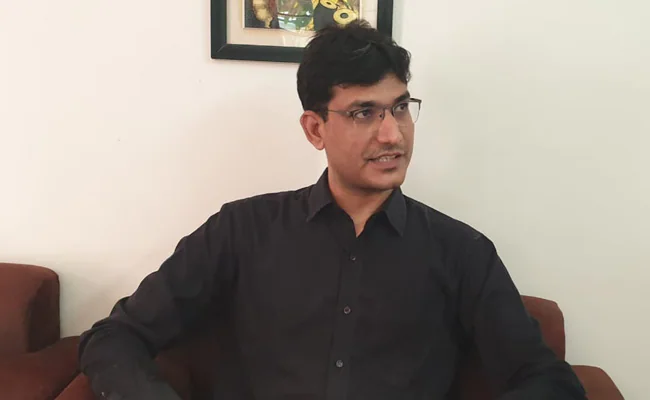How Do Hobbies and Skills Contribute to Your Career and Transitions?

In today’s fast-paced world, it is quite normal for people to prioritize their careers to achieve professional success. While education & experience are essential factors in career growth, hobbies can have a significant impact.
Having hobbies offers a wide range of advantages, such as relieving stress, enhancing mental well-being, and gaining new skills. These benefits can enhance job performance and overall career growth, which makes hobbies a valuable asset in everyone’s professional growth strategy.
A Few Ways How Hobbies Help in Career Transition
1. De-Stress
Engaging in hobbies contributes to an individual’s personal development. Developing new skills enhances our mental confidence and triggers the release of happy hormones like endorphins, which promote a sense of calmness. Studies indicate that music and art play influential roles in fostering positivity. Various skills, such as woodworking, crocheting, and bead-making, have demonstrated a positive impact on individuals’ lives in multiple dimensions.
2. Help You Grow As an Individual
Amidst career transitions or layoffs, developing leisure interests and undergoing professional training becomes a valuable investment in personal development. Individuals can leverage these experiences to discover innovative ways to integrate acquired skills into their professional roles. It ultimately helps them to become a valuable asset to potential employers.
3. Bring New Opportunities
Navigating life’s setbacks can often leave us at a low point in self-confidence. However, engaging in crafts and acquiring new skills serves as a powerful tool for rebuilding and extending ourselves to various opportunities. The acquisition of new skills enhances our knowledge base & empowers us to formulate an innovative and compelling plan that resonates with different career opportunities.
4. Help To Express Thoughts
The acquisition of new skills and the cultivation of hobbies play vital roles in elevating our confidence levels and fostering self-expression. Engaging in these activities provides a medium for expressing our thought processes, creating a positive feedback loop that further enhances our overall confidence.
5. Reduce Stress
Hobbies provide people with a constructive way to release tension. It contributes to improved mental well-being and resilience during career transitions.
6. Provides a Different Perspective
Taking a break from work is healthy for a professional that is why hobbies are necessary. Hobbies keep the stress away & help you sharpen your skills. Doing something creative helps individuals to widen their perspective. It’s a great way to get new opportunities to grow.
7. Improve Professional Versatility
Learning new skills through hobbies broadens one’s professional toolkit & fosters versatility and adaptability. E.g., a marketing professional who develops graphic design skills as a hobby gains a valuable asset that can enhance their role and contribute to the overall success of their team. These versatile skills make individuals more valuable within their current roles. It also provides access to fresh possibilities.
8. Improve Soft Skills
Many hobbies involve the development of soft skills such as communication, teamwork, and time management. These skills are highly valued in the professional world and can be showcased on resumes and in interviews. E.g., someone involved in community volunteering demonstrates leadership and teamwork.
9. Help Build Confidence
Engaging in hobbies and learning new things helps boost your confidence. When you tackle challenges and get good at what you enjoy, it makes you feel proud. This proud feeling carries over into your job, & makes you more confident in taking on new tasks, leading projects, and handling bigger responsibilities in your career.
In The End
Hobbies & skills play a vital role in shaping our careers. They serve as catalysts for personal development. Hobbies enhance professional versatility, boost confidence, and provide a means of navigating the complexities of career transitions. As individuals recognize and invest in the transformative power of their passions, they unlock their full potential. It ultimately contributes to their own success & the enrichment of the organizations they serve. Embracing a balanced relationship between hobbies, skills, and career development is a powerful strategy for achieving lasting fulfillment and success in the professional world.
In a real-world example, the story of IAS officer Lokesh Jangid serves as a testament to the impact of hobbies on career success. Lokesh Jangid is an accomplished civil servant; he credits his early interest in community service and social issues as a crucial foundation for his career. Also, engaging in activities related to social causes fueled his passion for public service, eventually leading him to pursue a career in the Indian Administrative Service (IAS). Jangid’s dedication to his hobbies provided him with a unique perspective and skill set that proved invaluable in addressing complex societal issues during his job.









